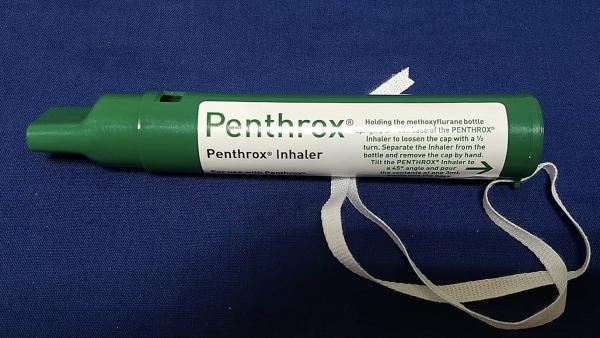For more than a decade, patients who've needed certain controlled medications have suffered from ill-advised, untenable policies the U.S. government has instituted, allegedly to mitigate the ever-surging numbers of drug overdose deaths. These policies have been a dismal failure on multiple fronts: Not only have deaths continued to surge, but the terrifying intrusion of the Drug Enforcement Administration (DEA) into the practice of medicine has had a chilling effect on patients and their physicians.
As the DEA relentlessly tightens production quotas on medications for pain and ADHD, it has begun tracking every pill, making doctors increasingly reluctant to prescribe any controlled drugs and leaving many patients in a lurch. Perhaps worse, DEA production quotas have caused the back-order of multiple drugs—an increasingly common burden for patients, even those fortunate to have doctors willing to risk a DEA drug bust for simply doing their job.
The ill and disabled suffer the most. Virtually all patients who have diseases or chronic pain conditions will say that the emergency department is the single worst place to go for relief from severe pain. Doctors and hospitals are often more concerned about law enforcement looking over their shoulders than patient care. Patients desperate for pain relief often turn to street drugs, where they fall victim to counterfeit pills that contain fentanyl (or worse) instead of a legal opioid.
# These paragraphs are reprinted with permission of Reason Magazine. The full op-ed can be found here.




